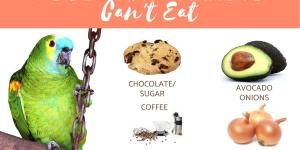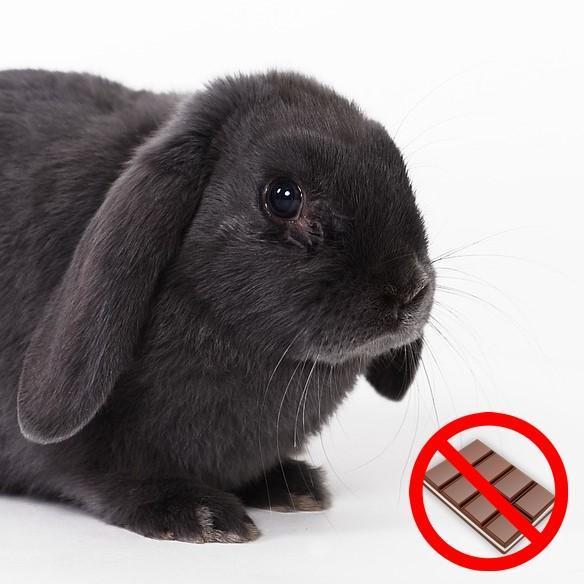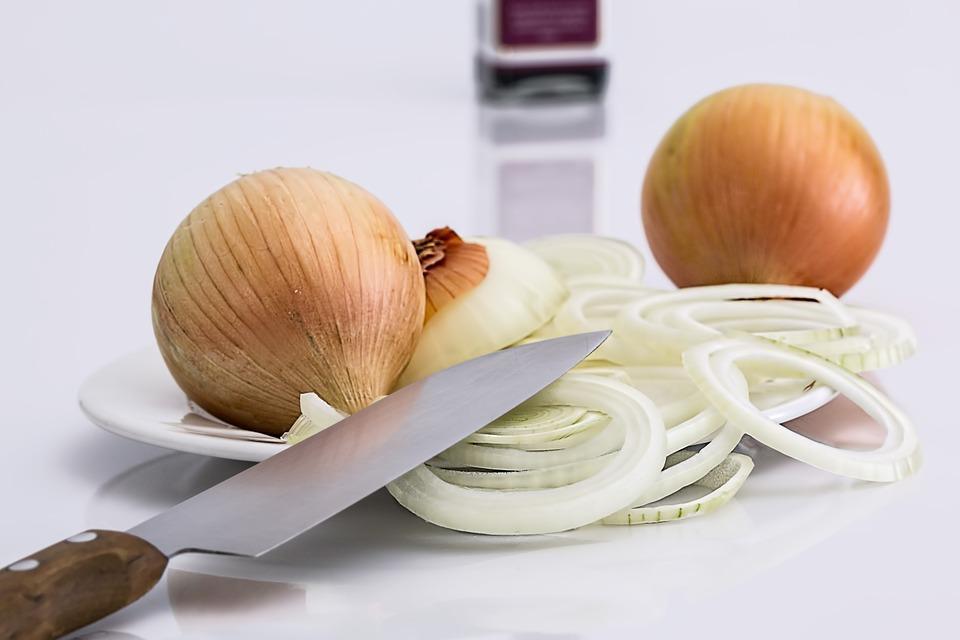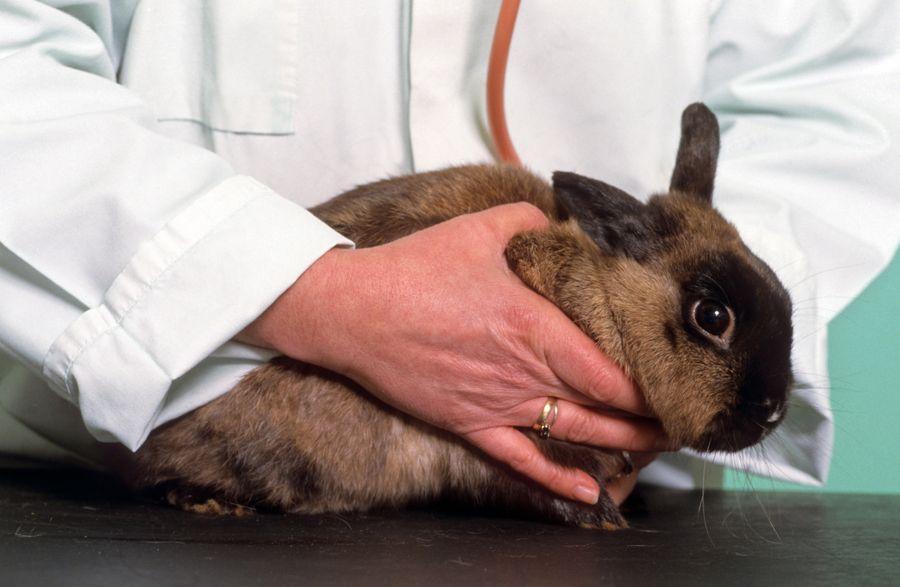Poisonous Foods for Rabbits - Full List of Toxic Food



See files for Rabbits
The rabbit's diet, regardless of its breed (whether a belier, French Lop or toy/dwarf) should be based on hay, a selection of recommended fruits and vegetables and feed. But just because the rabbit is a herbivore, it doesn't mean that it can eat all types of plants; there are some foods which are harmful and dangerous for its health.
This Animal Wised article will provide a list of those poisonous foods for rabbits, and will also explain some of the main reasons why they should never be given them.
Keep reading and find out which foods are forbidden, whether homemade or of natural origin. All you need to know about dangerous foods for rabbits are listed below:
Forbidden vegetables for rabbits
Your rabbit should be given vegetables on a daily basis. However, some types of vegetables are really poisonous, so you should make sure it doesn't eat any of these. Some vegetables should also be avoided due to their high sugar content or because they are difficult to digest. Here we will show you the most dangerous vegetables for rabbits:
- Potatoes: these contain high amounts of a very toxic alkaloid, called solanine. Solanine is removed by boiling the potatoes, but they nonetheless remain very high in calories and starch, which can cause severe digestive disorders. It is highly advisable to never feed your rabbit potatoes.
- Sweet potatoes: just like potatoes, this tuber contains high amounts of solanine and high levels of sugar. Consumption should be completely avoided.
- Garlic: small portions of garlic have been used for many years to avoid the onset of intestinal parasites. However, it is not a food that should be given regularly or undiluted. It causes severe stomach disorders.
- Onions: besides being difficult to digest, onions contribute to the loss of red blood cells, making your rabbit feel weak and dizzy. In the long run, its consumption can cause severe anaemia and even death.
- Turnips: the turnip itself is very difficult for rabbits to digest, but their leaves are an excellent treat which will go down very well.
- Leeks: they produce a similar effects to onions, in that they are very difficult for the rabbit to digest. Furthermore, leeks lead to the appearance of gases that the rabbit is unable to expel.
- Fungi: besides really poisonous mushrooms, other varieties such as the classic button mushrooms are very harmful for rabbits. In the long run they can cause tumors.
- Peas, parsnips and rhubarb: these three vegetables are all high in sugar, which can cause problems in the rabbit's intestines, kidneys and brain. It is very important to choose fruits and vegetables with low sugar content.
- Broad beans: This food is very hard for the rabbit's body to digest.
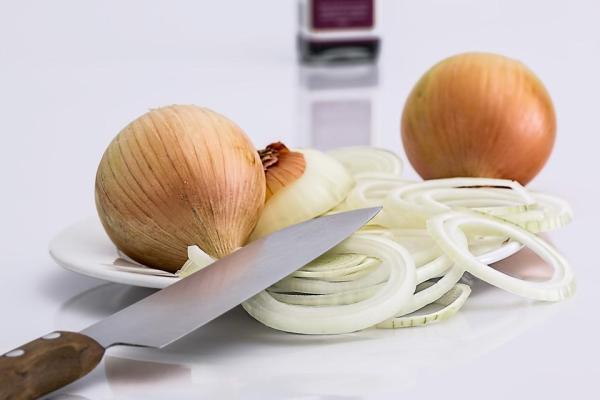
Forbidden fruits for rabbits
Fruits, in general, are a plant-based foodstuff which should be given to rabbits with caution. Even though they are allowed and are suitable for consumption, their high sugar content means that they shouldn't be given too regularly. Rabbits should only eat certain fruits 1 or 2 times a week. However, there are some fruits that shouldn't be consumed by rabbits under any circumstances. These are:
- Bananas: this fruit is highly nutritious and provides vitamin B1. However, they are foods that contain high amounts of sugar and are also very difficult to digest. They should never be given when still green; only when ripe. It is therefore best to avoid giving rabbits bananas as part of their diet, or only do so in very small quantities.
- Custard apples: besides being very high in sugar, custard apple is a fruit which also provides your rabbit with high amounts of fat. Its consumption should be avoided, or only offered very occasionally and in tiny portions. It is not a recommended food.
- Figs: despite being a very rich fruit containing lots of beneficial properties, figs contain an extremely high amount of sugar which, as we've already mentioned, is very dangerous for your rabbit. This fruit should be avoided.
- Apricots, loquats, plums and peaches: in addition to providing your little friend with vitamin A and fiber, these four fruits also contain cyanide in their seeds. For this reason, you should always cut them up and wash them, and never offer them fleshy parts which are close to the seeds.
- Avocados: these contain a toxic compound called persin, which is truly toxic for rabbits and other pets. They are very dangerous fruits which should never be given to pets. They also contain lots of fats.
Remember that it's very important to never give them fruits containing pips, as these are very harmful due to their low cyanide content. Doing so can slowly cause the onset of tumors and intestinal diseases. Before giving them any fruit, it should be cut up and thoroughly cleaned.
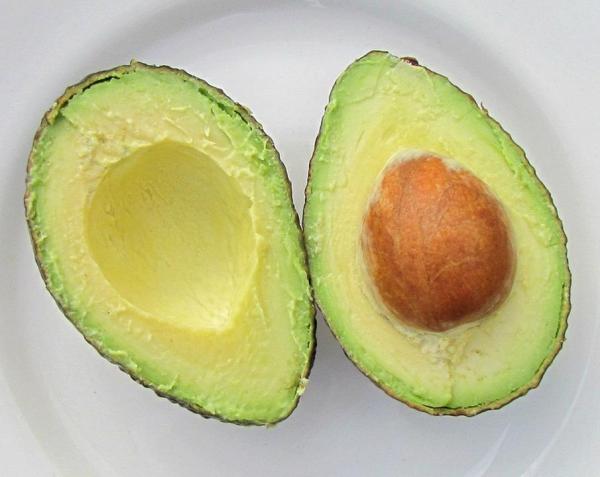
Plants toxic to rabbits
The vast majority of ornamental plants that you have at home are toxic for rabbits. Some are toxic cause they contain poisonous elements, whilst others are not poisonous but cause gases.
The rabbit's intestinal tract is unable to remove these gases through flatulence. These toxic gases are therefore incorporated into the rabbit's blood stream, causing enterotoxaemia (when intestinal toxins pass into the blood); something which can be fatal for rabbits. Here are a list of the forbidden plants:
- Oleanders
- Ferns
- Belladonna
- Hemlock, Ivy
- Iris
- Laurel
- Daffodils
- Poppies
- Centella
- Burdock
- Iris
- Tulips
- Jimsonweed
- Milkweed
- Spearmint
- Lupine
- Rush
- Sea rush
- Bluebells
- Honeysuckle
- Snowdrop
- Daffodils
- White horehound
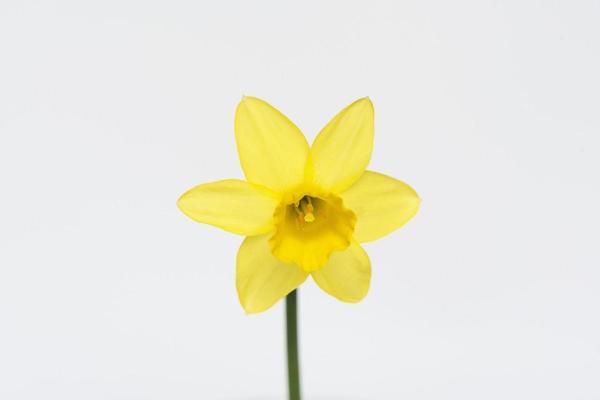
Carbohydrates
Excess carbohydrates is very harmful for rabbits, because they are very difficult to digest. In addition, fermentation might occur in the rabbit's stomach when they eat too much of these products, which damages their intestinal system. The following should be avoided:
- Rice
- Bread
- Biscuits
- Walnuts
- Sugary cereals
- Beans
- Corn
- Oats
All types of cakes, fruits in syrup and sweets should be avoided, as refined flour and sugar are harmful for rabbits. Eating these kinds of foods can have serious consequences for their body, so should never be given to them.
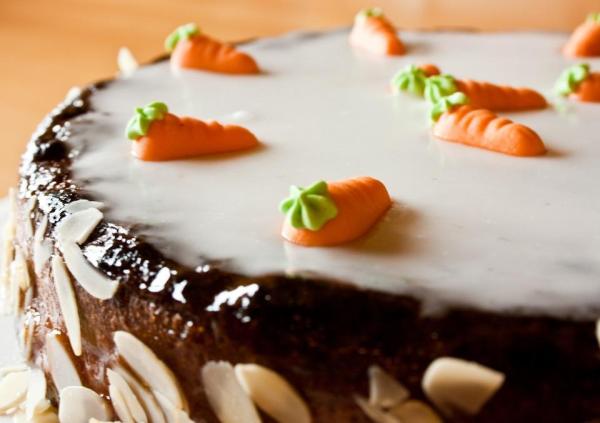
Dairy products and other toxic foods
Dairy products are very harmful for rabbits. Under no circumstances should cheese, butter or any derivative of milk be offered to rabbits. Neither should they be given dog or cat feed, as these contain animal proteins which rabbits are unable to digest.

The importance of giving them high-quality hay
Hay makes up a crucial part of a healthy diet for rabbits. However, some varieties of hay are healthier than others. It's a matter of avoiding those that contain lots of calories at all costs.
Pet rabbits do nowhere near the amount of physical activity as those in the wild. You should therefore fulfill their appetite with low calorie hay. Meadow hay and Timothy hay are most suited to rabbits with low activity levels.
Alfalfa should be given in small portions, since it contains lots of calories. This would be a suitable food to give to rabbits who are recovering from an illness.
How do I know if my rabbit has been poisoned?
Despite controlling your rabbit's diet up to the smallest detail, you may sometimes forget about some particular properties of fruits and vegetables. With this in mind, we've decided to add a final section in which we will explain some of the common symptoms of poisoning in your rabbit:
- The rabbit hasn't eaten in over 12 hours: this is especially serious if your rabbit hasn't been eating hay.
- The rabbit hasn't defecated or urinated in over 12 hours.
- Clear symptoms of apathy, pain, discomfort or lack of activity.
- Excessive overgrowth of the rabbit's teeth.
- Unusual feces or urine: very watery and containing mucous, with abnormal color.
- Spasms and abnormal movements.
- Vomiting and seizures.
If you notice any of these symptoms you will need to go to the vet as soon as possible to get an emergency examination. You shouldn't forget that rabbits are very delicate mammals that need an active intestinal transit in order to feel good. Going to the specialist quickly can save its life.

If you want to read similar articles to Poisonous Foods for Rabbits - Full List of Toxic Food, we recommend you visit our Diet problems category.


